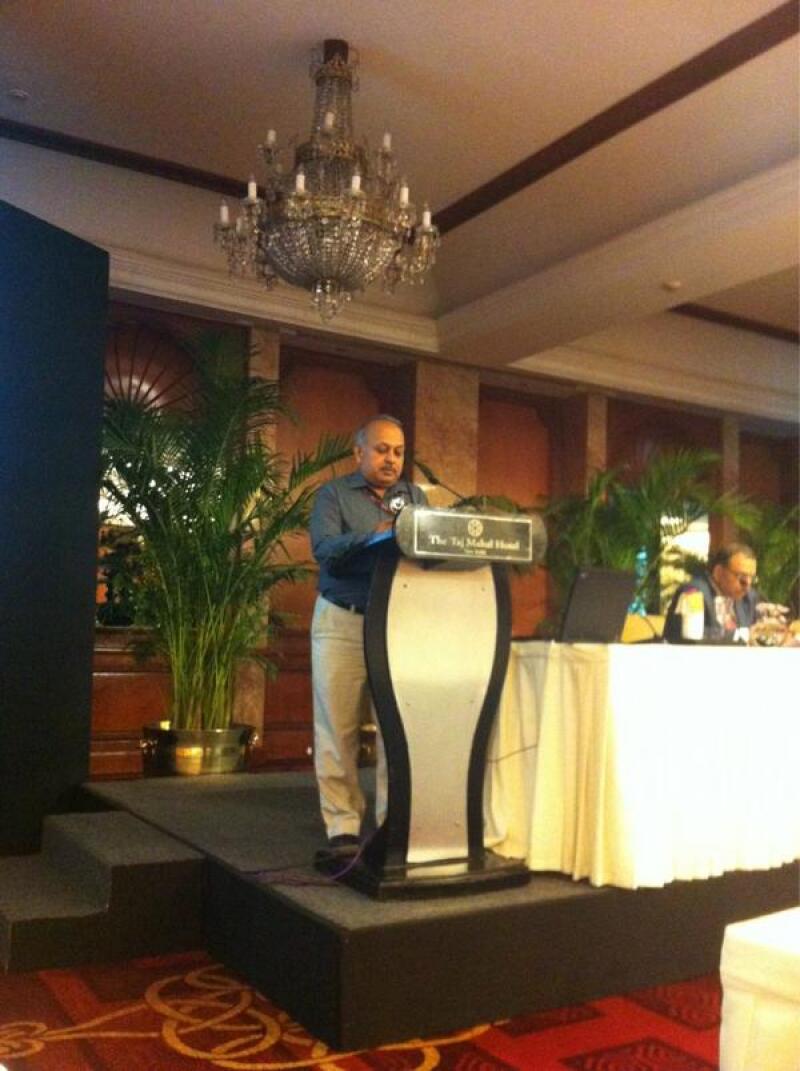Delivering a keynote address at International Tax Review’s India Tax Forum last week, Mishra outlined a dozen controversies in international taxation and transfer pricing and urged industry associations and professionals to provide inputs for possible solutions.

Transfer pricing disputes
Some of the key areas highlighted by Mishra in transfer pricing included determination of margins of the tested party (such as pass-through costs), non-availability of comparables and comparability issues, limitations on application of methods to emerging complex business transactions, risk adjustments, location savings, intangibles and financial transactions.
Risk adjustments
Specifically, on the issue of risk adjustments in transfer pricing, Mishra stated "risk is the by-product of functions and assets" and commented that there is an over-emphasis on the risk concept which is not warranted. He also stated that “risk adjustments” have become more of a routine adjustment in the transfer pricing reports filed with the tax department. But, in the absence of uniform standards/guidance, even competent authorities across the world are reluctant in allowing risk adjustments, Mishra clarified.
Intangibles and location savings
Elaborating on the disputes over intangibles, he expressed serious concerns on the absence of robust documentation to justify nature of "routine" IP development in India.
He stated that only “high-technology-driven IP” is given emphasis in transfer pricing, whereas detailed examination of other valuable IP created by businesses is not carried out. To buttress his argument, he cited the recent Apple-Samsung IP dispute relating to “shape” of a device as against the technology per se.
On the issue of location savings (which has impact on outsourcing to India), Mishra referred to a recent US court ruling attributing the savings to source country.
APA and safe harbour
Mishra expressed optimism about the new APA regime in India especially given the experience of the Indian competent authority in settling more than 100 transfer pricing related disputes through the mutual agreement procedure (MAP). "APA will be easy once MAP is concluded", said Mishra. He said that more than 140 MAP disputes have been settled by India in the last two years and majority of them were with the US. He also added that in only a couple of cases, the resolution failed.
Mishra however expressed doubts on effectiveness of the proposed safe harbour guidelines in India. He explained that the acceptance of a safe harbour range to the treaty partner will be crucial to avoid double taxation.
India and OECD
Mishra strongly defended India's reservations on OECD's commentary citing that OECD was not a body of experts but comprised of representatives of governments. "How can the view of 34 developed countries override the views of the Indian government?" questioned Mishra.
He advised that the government's reservation on certain portions of OECD commentary are already provided and one should consider these comments before taking a decision on any tax issue.
Bridging the trust deficit between taxpayers and officials
Dinesh Kanabar, deputy CEO, KPMG, raised concerns over the uncertainty and especially “individual officer-driven” inconsistent conclusions in tax matters. "Where does this leave to the taxpayer?” asked Kanabar.
Responding, Mishra strongly advocated an active contribution from all stakeholders for settling disputes. He stated that based on the inputs received, a suitable advisory would be issued to ensure a "uniformity in approach" among the tax officials on similar issues.
Co-published with www.taxsutra.com.










